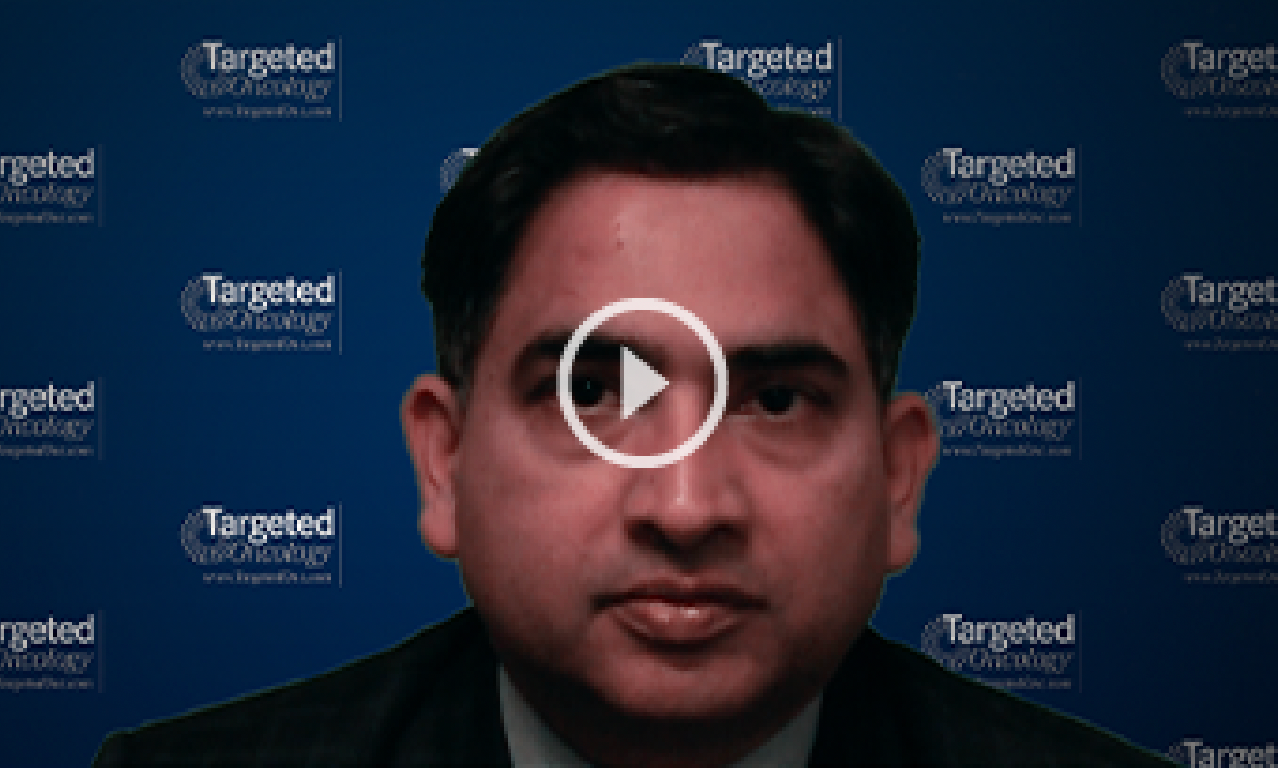FDA Greenlights Mirdametinib in Adult and Pediatric NF1-PN
The FDA approved mirdametinib for the treatment of adult and pediatric patients with neurofibromatosis type 1-associated plexiform neurofibromas.

- The FDA has approved mirdametinib (formerly PD-0325901) in adult and pediatric patients with neurofibromatosis type 1-associated plexiform neurofibromas (NF1-PN).
- Mirdametinib is an investigational MEK inhibitor.
- Data from the phase 2 ReNeu trial (NCT03962543) supported this approval.
The FDA has granted approval to mirdametinib, an investigational MEK inhibitor, for treating adult and pediatric patients with NF1-PN.1
This regulatory decision is supported by data from the phase 2 ReNeu trial (NCT03962543), which were presented at the 2024 American Society of Clinical Oncology (ASCO) Annual Meeting.2
“Mirdametinib is an investigational agent and a MEK1/2 inhibitor. It is highly [central nervous system (CNS)]-penetrant, it is taken orally, and it is useful for patients who have RAS-driven tumors,” explained Christopher Moertel, MD, professor of pediatrics at the University of Minnesota and lead author of the ReNeu study, in an interview with Targeted OncologyTM. “With FDA approval and broader availability, I think it can have a significant impact.”
The phase 2 ReNeu study enrolled 58 adult and 56 pediatric patients with NF1-PN and treated them with oral agent mirdametinib at a dose of 2 mg/m2 twice daily for 3 weeks on and 1 week off.2 At the data cutoff of September 22, 2023, the median treatment duration was 22 months, and the median duration of response was not reached.
Confirmed overall response rate (ORR) served as the primary end point of the study. Additional end points included duration of response, time to response, change from baseline in target plexiform neurofibroma volume, pain severity, pain interference, health-related quality-of-life, and safety.
Investigators reported an ORR of 41% (95% CI, 29%-55%; P <.001 vs null) in adult patients and 52% (95% CI, 38%-65%, P <.001 vs null) in pediatric patients with the agent. Patients also reported improvements in quality-of-life markers including pain severity and pain interference.
For safety, the most common treatment-emergent adverse events (TEAEs) seen in 35% or more of patients included dermatitis acneiform, diarrhea, nausea, and vomiting in adults and diarrhea, dermatitis acneiform, and vomiting in pediatric patients. Grade 3 or higher TEAEs were seen in 16% of adult patients and 25% pediatric patients, and 22% and 9%, respectively, discontinued treatment due to TEAEs.










